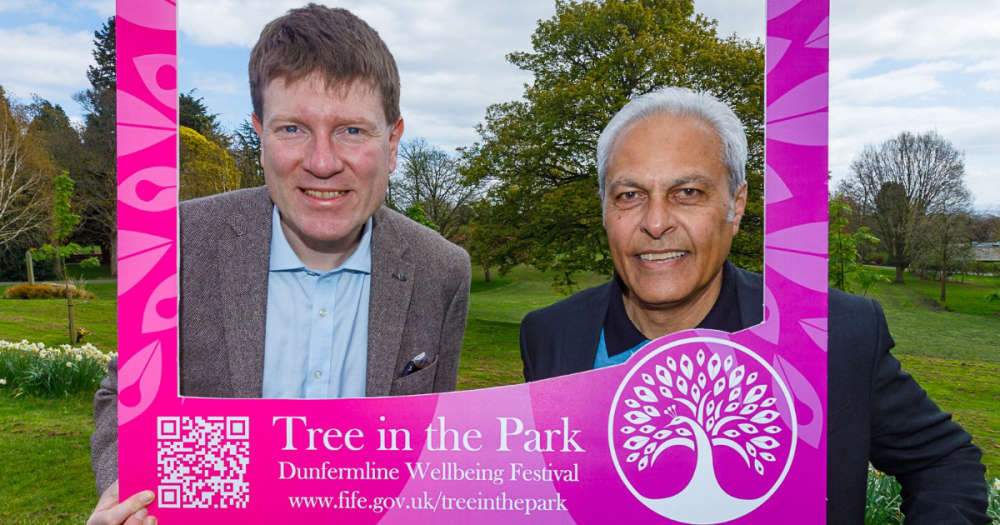
Campaigners are calling for new laws to provide legal status for people who're neither fully male or female.
The Equal Recognition drive wants a 'third gender' written into law, following countries like Australia, Denmark, and New Zealand.
They say psychiatric assessments to asses gender are humilating for those with a non-binary gender.
The Equality Network says 98 percent of transgender and intersex people have faced discrimination.
Nathan Gale, Scottish Transgender Alliance Policy Officer for the Equality Network, said: “Scotland is falling behind a growing number of countries around the world who now recognise in law that not everyone can be neatly categorised as male or female, and instead ensure that all trans and intersex people are accepted and protected. It is time for Scotland to catch up, recognise our existence and respect our diverse bodies and identities.”
Robin Duval, 29, a non-binary trans person from Edinburgh said: “I feel like I’m leading a double life. My friends know I don’t feel male or female and respect that, but the stress of having to pretend to be something that I’m not, everyday, just to fit in with society has a massive impact on my health and wellbeing. It affects every part of my life, whether I’m at work, going to the doctors, travelling through passport control, or even just going to the toilet. I just want to be accepted for who I am in the eyes of society, and have my gender recognised in the law with the same rights as anyone else.”
Becky Kent, 52, a trans woman from Edinburgh said: “For me, recognition of my gender is simply about official acceptance of who I already know that I am. Nobody but me knows who I am inside. It is terribly insulting to have to get the permission of a psychiatrist in order to get my birth certificate changed. I’m a competent, responsible adult. I should be trusted to know who I am.”
Jennie Kermode, an intersex activist from Glasgow said: “The first priority for any government concerned with the rights and well being of intersex people must be to end normalisation surgery carried out before the patient is old enough to consent to it, where there is an absence of urgent medical need.”


 Closures on A92 from TONIGHT for roadworks
Closures on A92 from TONIGHT for roadworks
 Queensferry Crossing diversion trial a success
Queensferry Crossing diversion trial a success
 ‘Tree in the Park’ festival promotes wellbeing in Dunfermline
‘Tree in the Park’ festival promotes wellbeing in Dunfermline
 11°C
11°C
 14°C
14°C